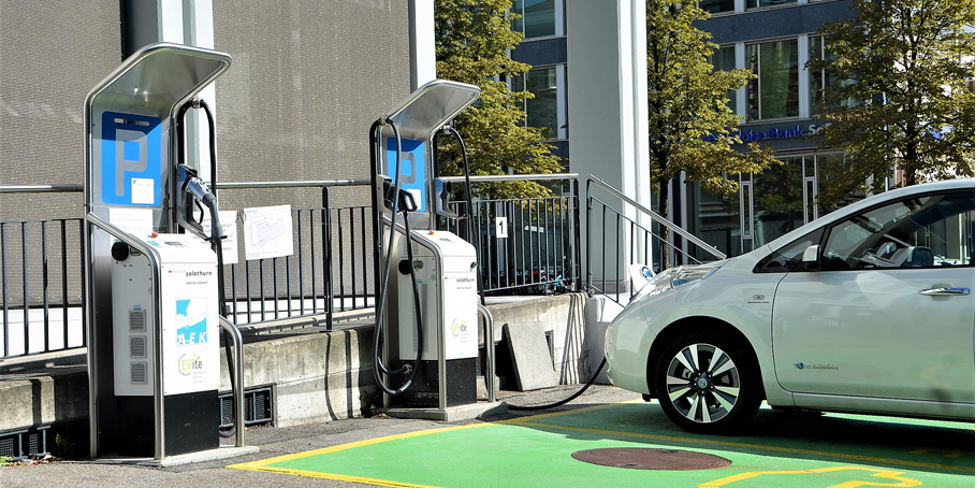
The New Jersey Board of Public Utilities approved a settlement that will enable PSE&G to develop electric vehicle charging infrastructure in New Jersey. The approval means that the state’s largest utility could invest $166 million over an expected six years to support the infrastructure for about 40,000 EV chargers at single-family homes, as well as Level 2 charging equipment at multifamily buildings, government facilities and at public accessible parking lots, and fast chargers along high-traffic corridors such as the New Jersey Turnpike and Garden State Parkway.
The utility says this program will create about 270 direct clean energy jobs while helping to build out the state’s EV charging infrastructure. The program also includes provisions for discounted charging during off-peak hours.
The utility will not own any infrastructure itself but will support the infrastructure needed to place chargers throughout its service territory. The utility said it is trying to alleviate “range anxiety,” the fear that an electric vehicle will run out of power before reaching a place to plug in. Many drivers cite the lack of convenient charging options as the top reason they are reluctant to switch to electric vehicles. Cars, trucks and buses are the largest source of greenhouse gas emissions in the state, and the New Jersey Energy Master Plan prioritizes electrifying the transportation sector as a key strategy to improve the state’s air quality and reduce health care costs. PSE&G’s program is expected to avoid 14 million metric tons of carbon emissions through 2035.
“EV adoption is critical to meeting New Jersey’s clean energy goals,” said Karen Reif, vice president of PSE&G’s Renewables and Energy Solutions group. “The scarcity of public and private charging infrastructure discourages more people from driving electric vehicles. PSE&G’s program will address those concerns and is designed to encourage people to make the switch to clean-running EVs and to help New Jersey enjoy the environmental and health benefits that will result from electrifying the transportation sector.”
“Electrifying transportation is an important component of PSEG’s Powering Progress vision for a future in which we help our customers use less energy, ensure that the energy they use is cleaner, and that energy is delivered more reliably than ever,” Reif said.
Today’s BPU action follows its approval in September of PSE&G’s $1 billion investment in energy efficiency, and its decision earlier this month to allow PSE&G to invest approximately $700 million to provide its 2.3 million electric customers with smart meters. Each of these programs will advance PSE&G’s landmark Clean Energy Future proposal, an initiative designed to lower energy costs, reduce air pollution, create jobs and help make New Jersey a leader in clean energy.
The remaining vehicle innovation portion of our EV proposal to support medium- and heavy-duty vehicles such as school buses, as well as our energy storage proposal, are pending before the BPU.




